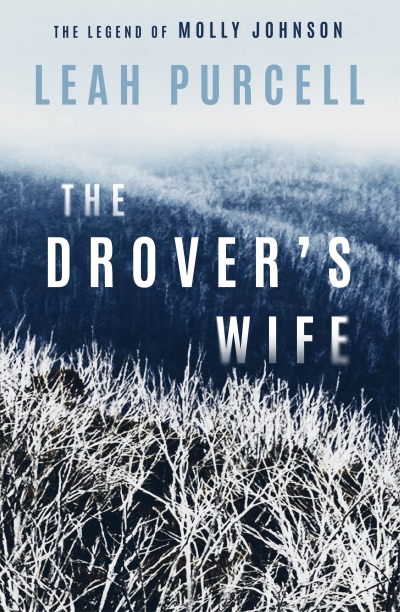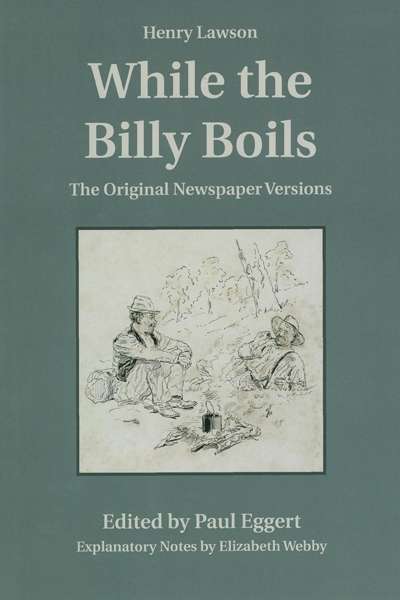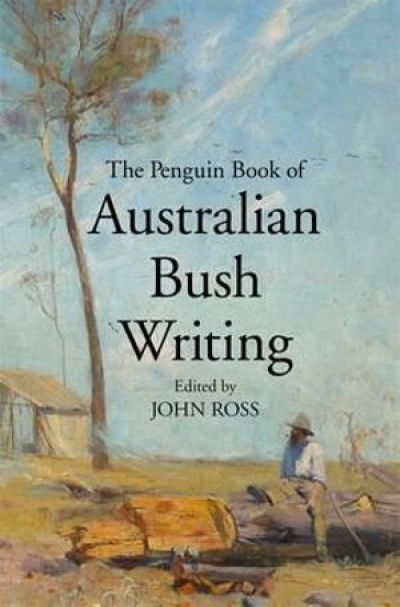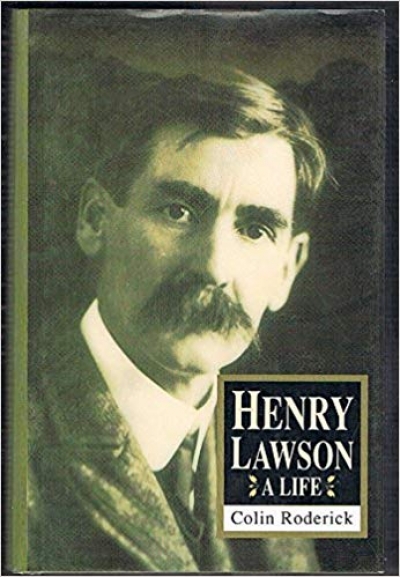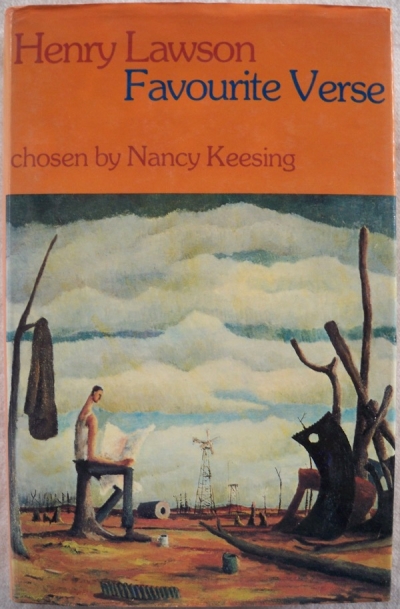Henry Lawson
The Drover’s Wife: The legend of Molly Johnson by Leah Purcell
by Ellen van Neerven •
While the Billy Boils by Henry Lawson & Biography of a Book by Paul Eggert
by Paul Brunton •
The Penguin Book of Australian Bush Writing edited by edited by John Ross
by Susan K. Martin •
Henry Lawson: Favourite verse edited by Nancy Keesing, illustrated by Walter Stackpool
by Clement Semmler •

